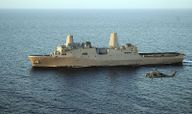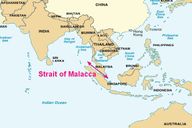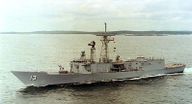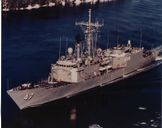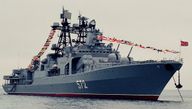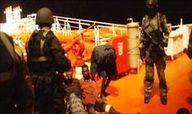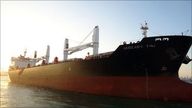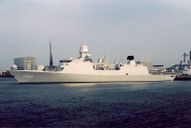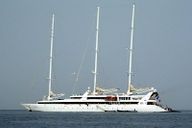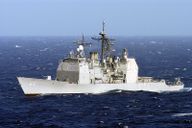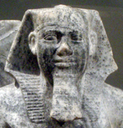
Authoritarian regimes in Latin America on the example of Hugo Chávez: 1. Introduction
Venezuelan President Hugo Chávez is one of the most famous figures in Latin America today. The steps of his policy of New Socialism in the 21st century have forced many political scientists to rethink the regime in Venezuela. The political reforms currently underway by the current Venezuelan president have led political scientists to link him to authoritarian regimes. Thanks to the historical legacy of Latin American states in the form of authoritarian regimes, which often appeared in power in the complex history of the region, the question arose as to whether the regime of Hugo Chávez could not be included among them.
